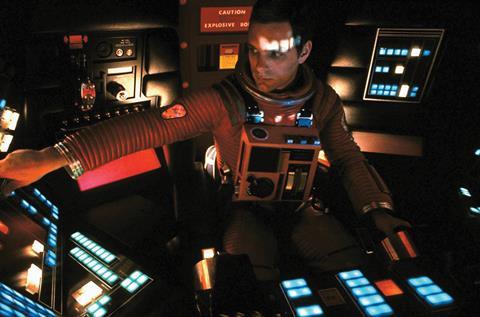The role of computer evidence in criminal cases is to be examined to prevent future miscarriages following the wrongful convictions of sub-postmasters in the Post Office Horizon scandal. The Ministry of Justice today announced a call for evidence on how evidence derived from IT systems should be treated in criminal trials.
Currently, there is a presumption that computers work correctly and, unless there is evidence to the contrary, any evidence generated by software is accurate. The wrongful convictions of hundreds of innocent sub-postmasters in the Post Office Horizon scandal highlighted the ‘limitations’ of such a presumption, the government said.
The MoJ said ‘faults in the Post Office’s accounting software system proved the fallibility of digital evidence and the potential for devastating miscarriages of justice if evidence is not thoroughly interrogated’.
The expert review aims to build on government efforts to restore public confidence in policing and in the criminal justice system. The 12-week call for evidence asks for views from across the justice system and beyond on the presumption that computers always work correctly, as well as how computer evidence should be defined and what could fall into scope of any change to the law.
Read more:

Justice minister Sarah Sackman KC said: ‘We must learn the lessons of the Post Office scandal. A blanket ‘no questions asked’ acceptance of the accuracy of digital evidence can have a devasting impact on people’s lives. We need to carefully consider how we can both use and interrogate digital evidence in court. Ensuring people are protected from miscarriages of justice is vital, and one part of the government’s Plan for Change.’
The MoJ noted that any change requiring the prosecution to prove any computer device is working correctly could impact the speed of which cases can be completed. ‘Any reform must be well thought out and future proofed,’ it said.
In 2000, Section 69 of the Police and Criminal Evidence Act 1984, which covered the use of evidence from computers and required anyone seeking to adduce evidence generated by a compute to show the system was working properly, was repealed. At the time, the Law Commission concluded that s69 ‘serves no useful purpose’.
Ian Jeffery, Law Society chief executive, said: ‘It is important that the government considers the relaxation of the rule of evidence, which created a presumption that evidence generated by computers is accurate and contributed to the miscarriages of justice in the Post Office scandal, and if it should be reformed.’
Mary Prior KC, chair of the Criminal Bar Association, said the CBA would be providing a response to the call for evidence.
This article is now closed for comment.































22 Readers' comments